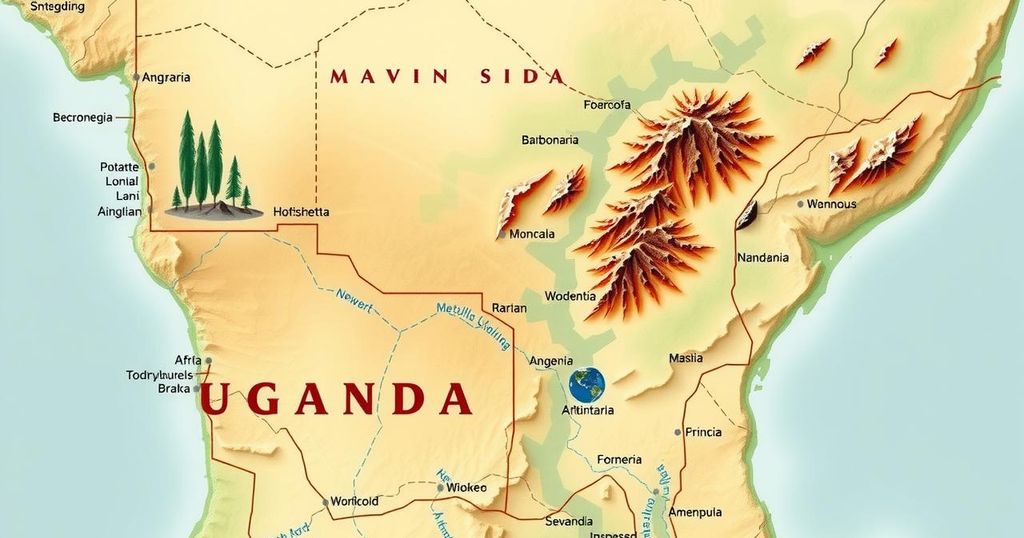Assessing Uganda’s Role in South Sudan: From Liberation to Destabilization
Uganda’s troop deployment in South Sudan has heightened governance concerns, eroded trust, and posed risks to regional stability. This reliance on foreign military support undermines South Sudan’s national integrity and exposes it to external exploitation. Historical bonds are now strained, with Uganda viewed as complicit in oppressive governance instead of a supportive neighbor. The international community must advocate for Uganda’s withdrawal and prioritize South Sudan’s military independence to foster genuine peace.
The ongoing discourse regarding Uganda’s involvement in South Sudan has brought to light critical governance and transparency concerns, demonstrating an erosion of trust that may escalate regional conflicts. President Yoweri Museveni’s military deployments have faced scrutiny, related to his support of President Salva Kiir and the implications for both nations’ stability. This relationship raises alarms about Uganda’s influence and the detrimental effects on South Sudan’s sovereignty and peace.
Relying on Ugandan military assistance, particularly during internal struggles where border disputes exist, undermines South Sudan’s national defense credibility. Dependence on foreign military forces not only signals weakness but also increases opportunities for external exploitation. This reliance suggests a lack of capability in protecting the nation’s integrity, emboldening neighbors to intervene unchallenged.
The historical assistance Uganda provided to South Sudan during its liberation is now overshadowed by military involvement that has led to allegations of grave human rights violations. Many citizens now view Uganda as siding with an oppressive regime, damaging the once cherished friendship and amplifying distrust between the two nations.
The pattern of military deployments indicates a tactical approach where Ugandan involvement is contingent on the dynamics between South Sudan’s leadership. This has implicated Uganda in internal strife, jeopardizing its reputation and further destabilizing South Sudan. Instead of acting as neutral mediators, these actions portray Uganda as a sectarian entity exacerbating conflict rather than contributing to peace and stability.
The Uganda People’s Defence Force, once a pillar of stability, now faces perceptions of being mercenaries for hire, diminishing its credibility both regionally and internationally. This shift could lead to a loss of support for the UPDF, thereby weakening its operational effectiveness in an already delicate environment.
The international community must recognize Uganda’s entanglement in South Sudan’s power struggles, calling for a withdrawal of forces and a return to peace mediation efforts. South Sudan must prioritize the development of its national military instead of outsourcing defense responsibilities to foreign entities, a necessity for genuine liberation and national integrity.
Despite current tensions, the goodwill among the general populace of both nations remains intact. A call for Uganda’s government to realign its policies towards genuine neighborly relations is essential. President Museveni risks tarnishing his legacy if his military actions result in further destruction of the very liberation he once championed.
In conclusion, Uganda’s military involvement in South Sudan raises significant concern regarding governance and regional stability. The reliance on foreign military support undermines national credibility and invites external exploitation. A shift towards peace mediation and strengthening South Sudan’s military independence is vital to restore sovereignty. The goodwill shared by the citizens of both nations should guide their governments to foster a peaceful and supportive relationship moving forward.
Original Source: www.independent.co.ug




Post Comment